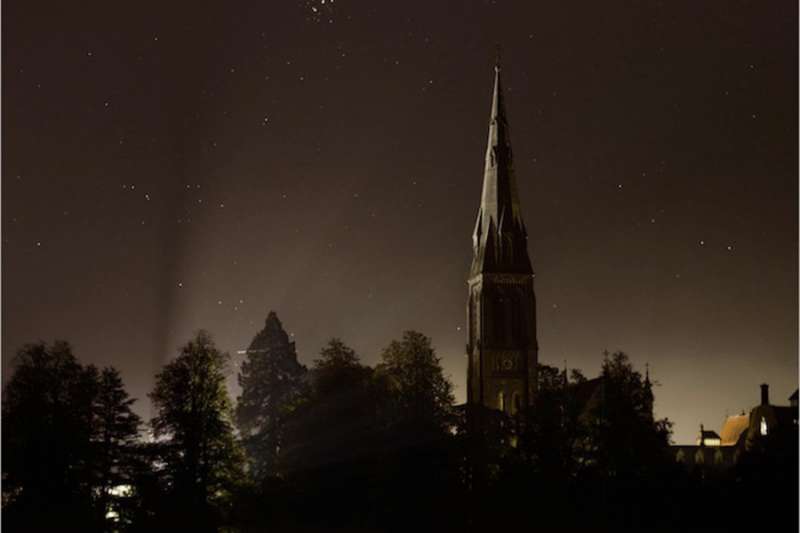The Pope’s visit to Ireland is a time for the Church to reflect on her past failings and consider how to repair the Church for future generations, an Irish bishop has said.
Pope Francis will visit Ireland Aug. 25-26 as part of the World Meeting of Families, an international gathering of Catholic families that takes place about every three years. The last World Meeting of Families was held in Philadelphia in 2015.
In his homily for the feast of the Assumption, Bishop Brendan Leahy of Limerick said that the Pope’s visit is a chance for the Church to acknowledge “the dark aspects of our Church’s history that have come to light especially in recent decades.”
He then named several of the Church’s past failings and sins, including “a clericalism that ended up confusing power and ministry, the sexual abuse of minors by clergy and religious that did untold life-long damage to victims, the violent and repressive treatment by church representatives of young people sent to the State’s reformatory institutions, the dark experience of vulnerable women in places meant to be residences of refuge,” according to the Irish Times.
“Sadly, as has been highlighted, cover-up, willful or otherwise, and mismanagement compounded the damage, adding to our shame,” he noted Aug. 15.
The bishop celebrated the feast day Mass at Mass Rock in Kileedy, a symbolic gesture, he said, because the Catholic Church must be brought out into the open. Mass rocks are stones, sometimes pieces of old churches, in isolated outdoor locations throughout Ireland where Catholics would secretly celebrate Mass during the 17th century, a time of Catholic persecution.
There are many good things and good people to acknowledge and be grateful for in the Church, Leahy noted, but gratitude for the good “can never eclipse recognition of sin, criminality and evil. In some way, everyone in the church bears the shame of these darks aspects of our history. Few of us can throw stones as if we ourselves were not somehow associated.”
This year, the World Meeting of Families lands just after widespread revelations of scandal and clerical sex abuse in the Church in the United States, including accusations of sexual abuse and misconduct against former-cardinal Theodore McCarrick, as well as the release of a report detailing abuse in six Pennsylvania dioceses which included more than 300 priests and 1,000 victims.
The Catholic Church in Ireland was rocked by its own sex abuse crisis, beginning in the 1990s and culminating in the release of several in-depth reports detailing decades of abuse and cover-up released in the late 2000s.
There has since been a significant drop in weekly Mass attendance as well as active priests in Ireland. Current projections also predict that by 2030, there will only be 111 priests in the country, a decrease of about 70 percent. One report found that between 2008 and 2014, weekly Mass attendance in Dublin dropped by 3.7 per cent per year.
Bishop Leahy noted that while the Church in Ireland has since implemented many procedures and practices to prevent and report instances of abuse, it cannot grow complacent.
“As well as needing to pray for those who have been wounded we need to keep listening and to learn from them how to clarify and repair our church,” he said.
He also encouraged young people to be open to what the Church might have to offer them, and to voice their ideas about new ways to connect young people to the Church.
“Might this visit of Pope Francis be a moment when young people might look again at what the Church really has to offer? We need you because you are part of our access to what God is saying to the Church today. We need you to help us find the ways towards the future that God has marked out for us all.”

